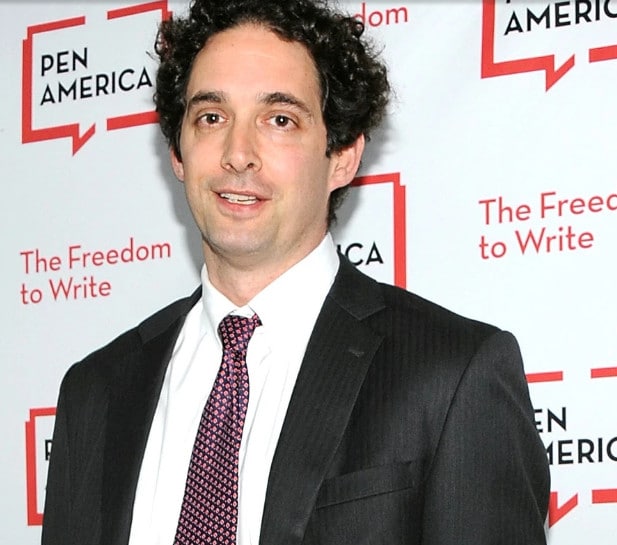The smartest insight and analysis, from all perspectives, rounded up from around the web:
The legal marijuana industry has gotten high on fantasies of massive growth, said Jordan Weissmann at Slate. Stocks of firms connected with the cannabis business have been “ripping higher” this year, a sign that the market might be suffering from “reefer madness.” Just look at Tilray, an obscure Canadian medical marijuana producer that was briefly worth $20 billion last week — about the same as the 124-year-old Hershey’s. Tilray’s stock rocketed after the firm announced that the U.S. DEA had granted it permission to export plants to the U.S. for medical research. CEO Brendan Kennedy then appeared on CNBC’s Mad Money and pledged to viewers that legal marijuana would soon be a $100 billion industry. But Tilray is still a tiny, money-losing company — and the DEA granted it the right to provide weed only for a single clinical trial involving 16 patients. Tilray is simply “the most extreme example of the froth foaming all over the marijuana sector.” Legal-weed executives are boasting that the industry is going to be so big, it doesn’t matter how little money their businesses are earning today — or that marijuana is still illegal under federal law. “That’s classic bubble talk.”
Boosters argue that the nascent marijuana industry is “like the internet in 1997,” said Jacquie McNish and Vipal Monga at The Wall Street Journal. The action is so hot that bankers are quitting Wall Street jobs to join up. The center of the gold rush is Canada, which will start allowing sales of recreational weed in October; only one other country, Uruguay, has legalized recreational marijuana nationwide. Speculators are trying to guess which company will dominate the market, though as yet not “a single ounce of recreational pot” has been sold. Only a few Canadian companies have shares listed on U.S. exchanges, and investors are rushing to pour money into them. The ultimate prize is a lot bigger than Canada. Says Tilray’s CEO: “This will be a global industry, and it will rival alcohol or beverage in the size and scope.”
Even if some cannabis companies do succeed, said Bill Alpert at Barron’s, most will not. Many of the firms being hyped now “have virtually no production” and “a very limited scientific research team.” Some are funded via complicated “financing plays” such as royalty trusts, which harvest marijuana profits for investors, helping them avoid the complications of directly buying into a legally dubious product. There are plenty of funds that will take your money to invest in the cannabis business, said Lorie Konish at CNBC. One, Casa Verde Capital, which is focused on firms that haven’t gone public yet, even boasts the rapper Snoop Dogg as a founder. The drumbeat of news about legalization has made cannabis exciting to investors, but experts caution that adrenaline isn’t a good investment guide. “Skydiving is exciting, too,” says JJ Kinahan, chief market strategist at TD Ameritrade, “but I’m not running out to do it.” The global industry that enthusiasts promise remains far on the horizon. “Until the laws are changed to make marijuana federally legal, there are not a lot of great ways to invest without high risks.”
Credit: http://theweek.com













